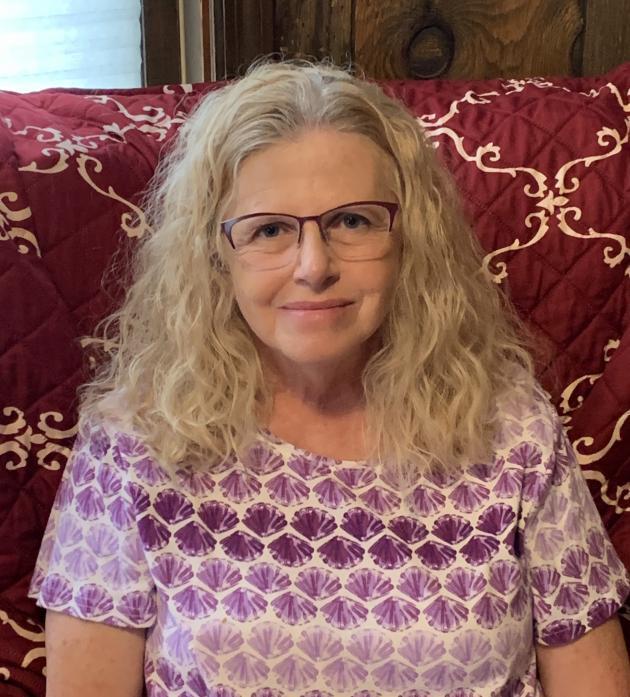Cheryl Hughes: Before All This
Recently, one of my friends told me that his mom, who has been in an assisted living facility for the past two years, said when she passes, she doesn’t want the new pastor at her church to conduct her funeral service. She wants the pastor who served at her church for years, before moving on to pastor another church in another state. “I want someone who knew me before all this,” she said, referring to the frustration, irritability and confusion that comes over her in waves, due to her age and living arrangements.
Sometimes, when we look at the elderly, we see only what is, but there was a before—a child, running after brothers and sisters, a young person getting married and becoming a parent, a middle-aged person working and going on vacation with the family. In the end, all those things seem to be reduced to the frail and feeble. I understand why this woman wanted someone who had known her before, when she felt like she made a difference in the lives of those around her.
Three weeks ago, I attended a Celebration of Life service for my brother-in-law’s father, Carlos. It was the kind of send-off any one of us would be grateful to have. His friends came out to honor him. His students—before retiring, Carlos had been the art teacher at the local high school—came to say their goodbyes. A pastor, who stayed at Carlos’ house many times, conducted the service. A former student—a troubled young man, whom Carlos had taken under his wing and literally moved him in with his own family for a time—read the eulogy. (This man is now a pastor.) A ninety-four-year-old friend made his way to the front of the church to sing the song, “He Touched Me.” It was a service of inclusion. We were all welcomed to hear about this man we had known or, in my case, wish we had known. Carlos was not just an elderly man who died from complications due to his diabetes, and the people at this service made sure we all knew this.
Carlos was an artist, an art teacher and a designer. He designed his own home. It was a castle, not on the grand scale of European castles, but it had all the components necessary to be called a castle. There were walls and a courtyard and turrets. There were entrances, guarded by stone lions, and a shining knight stood as a sentinel in the courtyard. We learned that Carlos didn’t build a castle to keep others out but rather to invite others in. If you were a guest in his house, you were referred to as either Sir or Lady, and everybody was welcome there.
We heard about how Carlos and his son, Charles, sang Christmas carols in perfect harmony on the way to their favorite restaurant…in July. Carlos ordered ink pens by the dozens. They were embossed with his name and phone number. At the restaurant, he handed them out to everyone he met. They were an invitation to friendship. At the back of the church where the service was held, a basket contained Carlos’ ink pens—one last gift from the generous man, himself.
We were told that Carlos loved the song, “When the Saints Go Marching In,” and believed it should be sung more often in church services, so we sang it in his honor. He was an admirer of Winston Churchill, and, like the great Prime Minister of England, Carlos’ service concluded with, first the playing of “Taps” then with the playing of “Reveille,” signifying death and resurrection.
It was a service I will never forget, and I left the church that day disappointed that I had never met this man. That’s how our passing should be, a remembrance of everything before the “all this” of a frail, broken body.



























